The park we go to every day is Victorian — large, full of mock landscapes and extravagantly diverse settings, lakes, woodlands, formal gardens and tiny wildernesses. We went on a guided tour of Buckingham Palace’s gardens three years ago, and afterwards my husband said: “Well, it was very nice. But Battersea Park is nicer.” Above all, it’s capacious — of different tribes, who only very occasionally meet.
The woman owner was clasping her hands, and pink with shame. ‘Ian? Ian? Ian, why won’t you listen?’
It was a Sunday morning, and the anglers were in place in their sullen portable canvas caves, backs to the world, staring at the water. The lake isn’t their personal fiefdom, though; dogs are fascinated by it. Mine will sniff at it, but never plunge in. The unfamiliar dog now running away from its owner, however, was a plunger, and after a moment’s giddy, poised anticipation at the brink, was in.
It was one of those hybrid, kipper-colored breeds — created for maximum big-eyed fluffiness with results of uncertain intelligence, biddability and daftness. Its owners, a youngish professional couple bustling up in its wake, were calling faintly after it with no result. “Ian? Ian? Oh, Ian, stop — please stop, won’t you?” The polite appeal was not registering. The dog had seen a bunch of Battersea’s fattest ducks, and was in the water, swimming furiously after what might, in his dreams, turn out to be dinner.
My dog Greta is a very ladylike schnauzer, and stood leadlessly gazing at this bad behavior with open disapproval. Ian’s swimming technique was doughty, and the opposite of the famous description of a swan’s style; the furious effort below the surface was matched by a joyous flailing of the head, neck, ears and tongue above it. His speed was precisely matched to the ducks’, but ten feet behind. In five minutes they were 200 yards away in the middle of the lake, a swim-chase where both were disinclined to change tactics.
The owners were standing between anglers, and weren’t changing their tactics either. “Ian? Please, Ian? Come back?” I was enjoying it, but the anglers were muttering, and finally broke their habitual social wall. “That dog’s scaring the fish,” the angriest of them said, raising his voice but not turning round. The woman owner was clasping her hands, and pink with shame. “Ian? Ian? Ian, why won’t you listen?”
The little drama was attracting a small crowd, of some familiar park presences. The Canadian prig was there with his two ugly small children, and his invariably incorrect point-making. “Dogs aren’t allowed off the lead in the park,” he said. “It’s in the bylaws.” “No it’s not,” three impatient people said simultaneously. “If a child of mine was attacked by a dog off the lead…,” he began, but no one was listening. A saturnine figure had risen from the park bench where he’d been observing. It was Giovanni, the most commanding of the park’s professional dog walkers. “IAN! IAN! COME HERE AT ONCE!”
Giovanni has a highly profitable dogwalking business, benefiting from the many in Battersea and Chelsea who acquired a dog in lockdown, never considering what they would do when normal life, and work, resumed. Some days you saw him with a pack of 20 dogs, all capering and quailing under his irresistibly foul-mouthed authority. He had the measure of this pair — another couple of useless lockdown-pup newbies.
“He’s not listening,” he said. “Does he even know his name? What kind of name is that? A dog can’t hear ‘Ian.’ A dog needs consonants. What’s yours called? Greta? Exactly.” Greta looked upwards, thrilled someone as dog-popular as Giovanni was taking notice of her. “Now look at these two.” “Ian? Oh, Ian, please? Please come back?”
“That dog’s going to get exhausted, swimming in circles,” a familiar lady said, the owner of a charming King Charles, Abigail. “And then it’ll go under in the middle of the lake.” “That bloody animal’s terrifying the fish,” the angler said. “Just bloody do something.” “And here comes the swan,” Abigail’s owner said — it was hard not to see the swan’s swift approach as the arrival of a thug, wanting to bash some heads together.
“Does anyone have any bread?” I said, struck by a bright thought. “Ian doesn’t eat bread,” the scarlet owner said. “The ducks would come for it, and he’d follow the ducks,” I said. “You’re not allowed to feed bread to the ducks,” the Canadian said. “It’s in the bylaws.” But an angler produced half a sandwich, and the ducks were enticed, and in two minutes the exhausted Ian, still ten feet behind, was out on shore, on a lead for the rest of his life, and shaking the pondweed off. I doubted Battersea Park would ever see him, or his humiliated owners, again.
“Some people shouldn’t be allowed to have dogs,” an angler observed. “S’right,” another confirmed comfortably, settling back into his silent lakeside wait. “Ian,” Giovanni said with knowledgeable contempt. “No consonants. That was the problem.”
This article was originally published in The Spectator’s UK magazine. Subscribe to the World edition here.



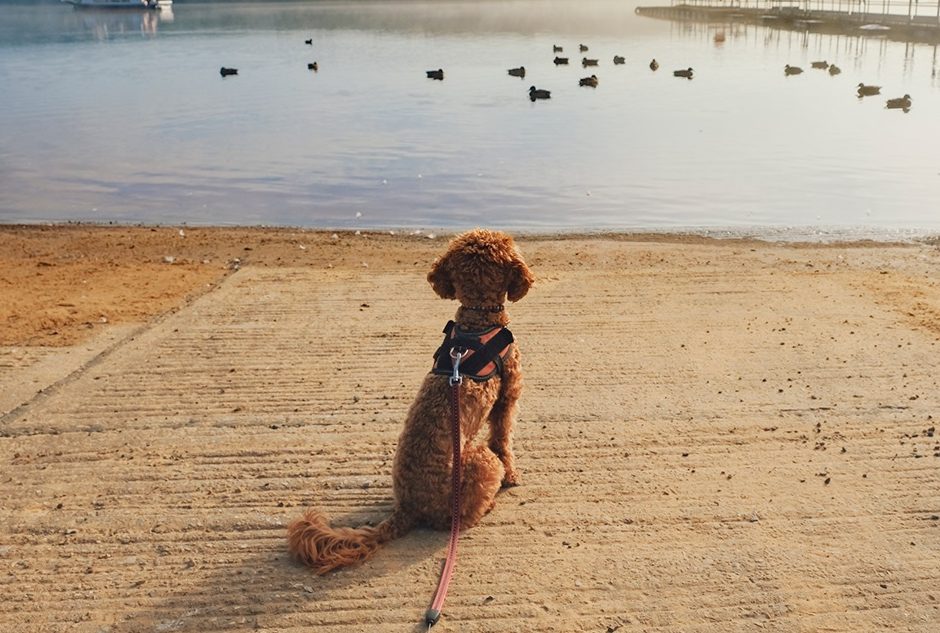









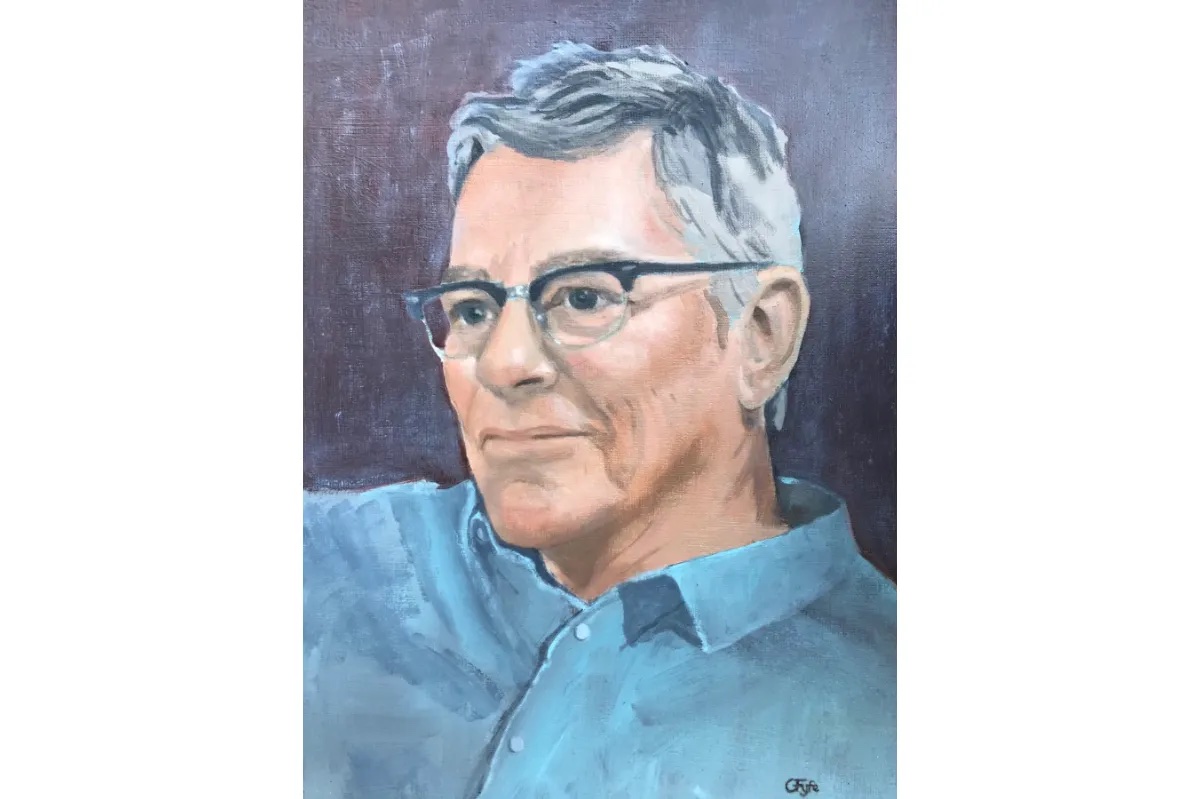
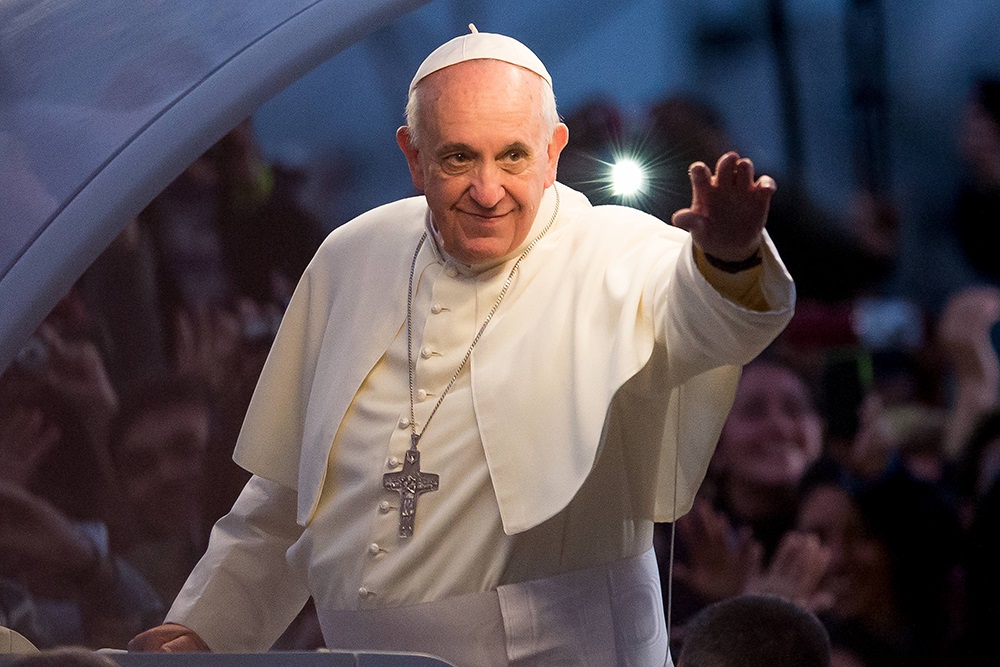
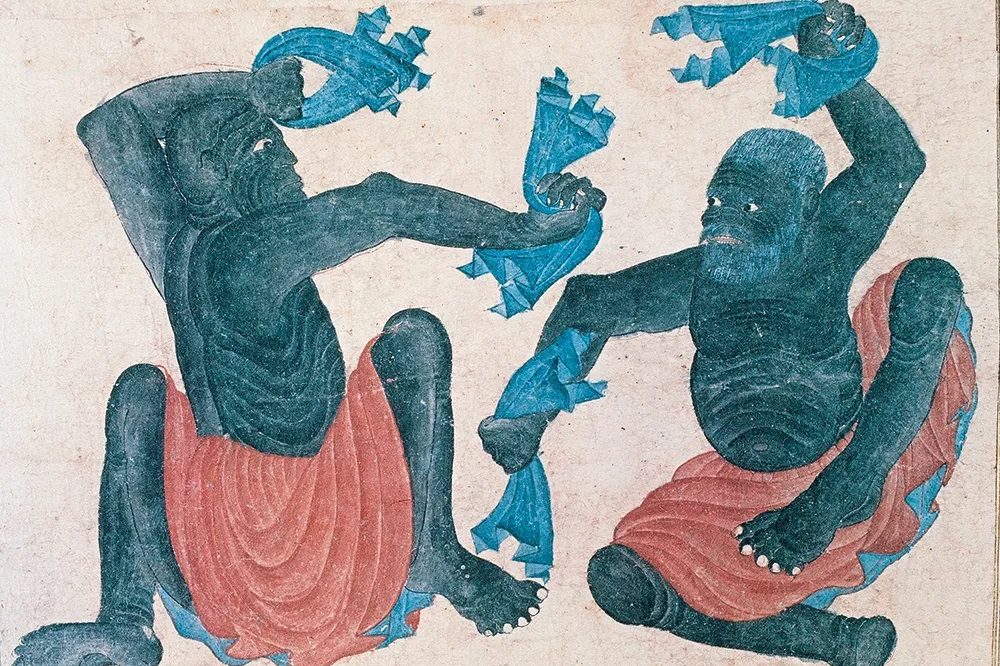
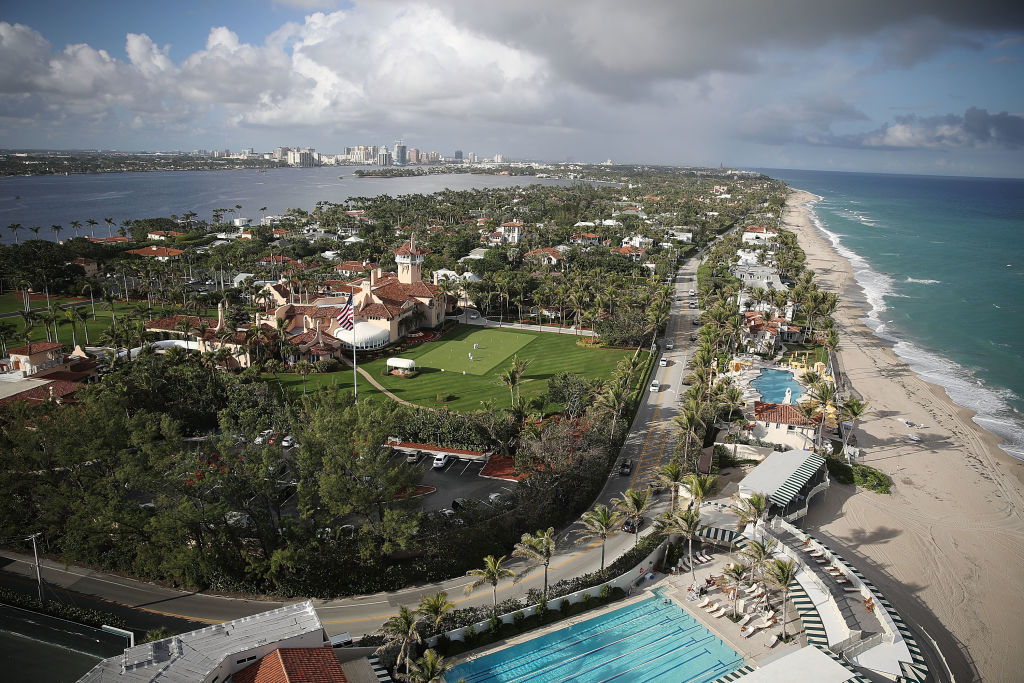
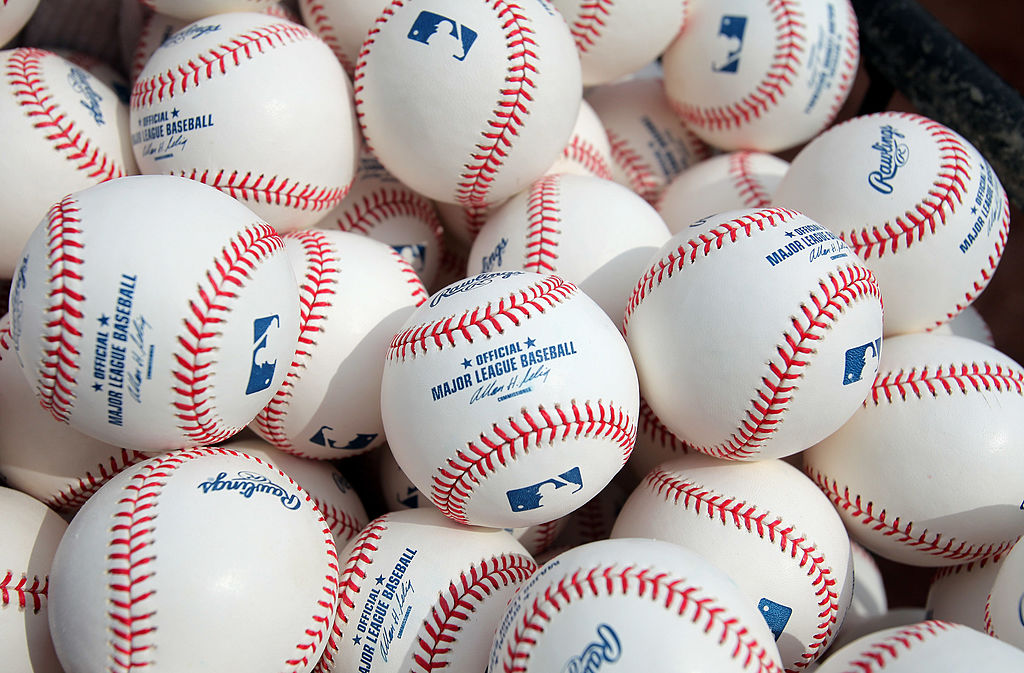








Leave a Reply